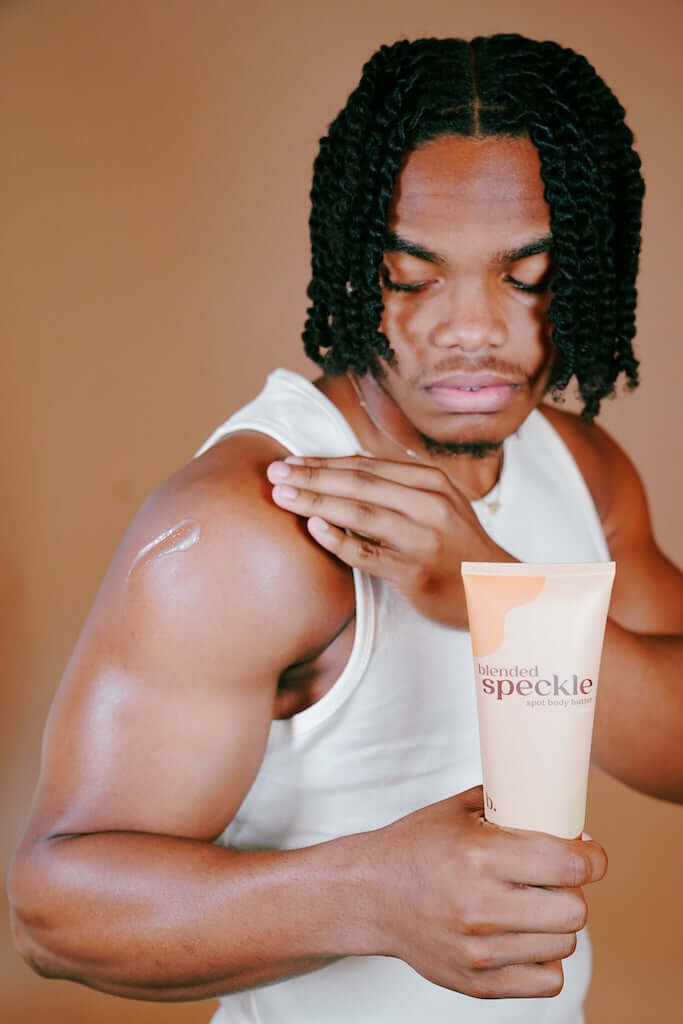
skin thickness ranges from just 0.5mm on eyelids to over 4mm on the back, requiring calibrated formulations with penetration enhancers for optimal ingredient delivery
journal entries
lab report: body skin temperature mapping and thermal formulation science
surface temperature varies up to 5°F across your body with extremities significantly cooler, affecting how ingredients penetrate and activate
lab report: body skin recovery mapping - why your legs heal slower
lower leg skin takes 40% longer to repair barrier function than torso skin, requiring recovery formulations that account for predictable regional timelines
lab report: myth vs fact - body butter edition
examining widespread misconceptions about bodi butter effectiveness, application, and formulation science
lab report: why facial products fail on bodi skin - the 35% ceramide difference
skin below your neck contains 35% fewer ceramides, has different pH ranges by region, and requires body-specific formulations calibrated to these differences
lab report: shea nilotica butter - the sustainable star ingredient rebuilding skin barriers
shea nilotica butter helps rebuild and strengthen your bodi's natural barrier, especially important for shin and calf skin with 60% fewer oil glands
lab report: understanding transepidermal water loss in arms and legs
transepidermal water loss is significantly higher on limbs than torso areas, with arms and legs losing moisture up to 75% faster than your core
lab report: maximizing slick's benefits with the soak and seal method
applying slick to damp skin within 3 minutes of showering traps water molecules against bodi skin for deeper, longer-lasting hydration
lab report: the complete guide to regional skin thickness variations
skin thickness varies dramatically from 0.5mm on eyelids to over 4mm on your back, requiring penetration enhancers calibrated to these regional differences
lab report: mapping your bodi's diverse microbiome ecosystems
your microbiome varies dramatically across bodi regions with moist areas hosting different bacterial communities than dry areas, requiring formulations that respect these distinct microbial ecosystems








